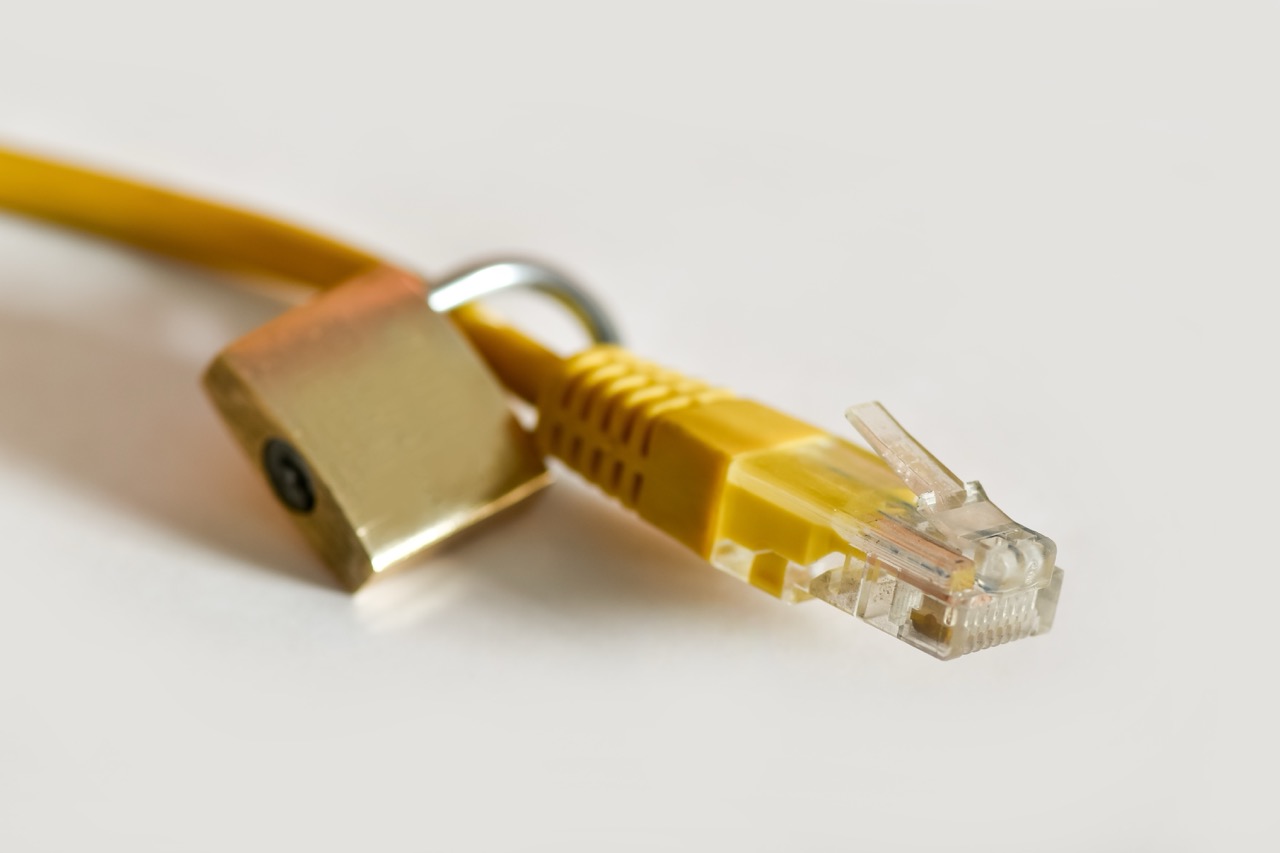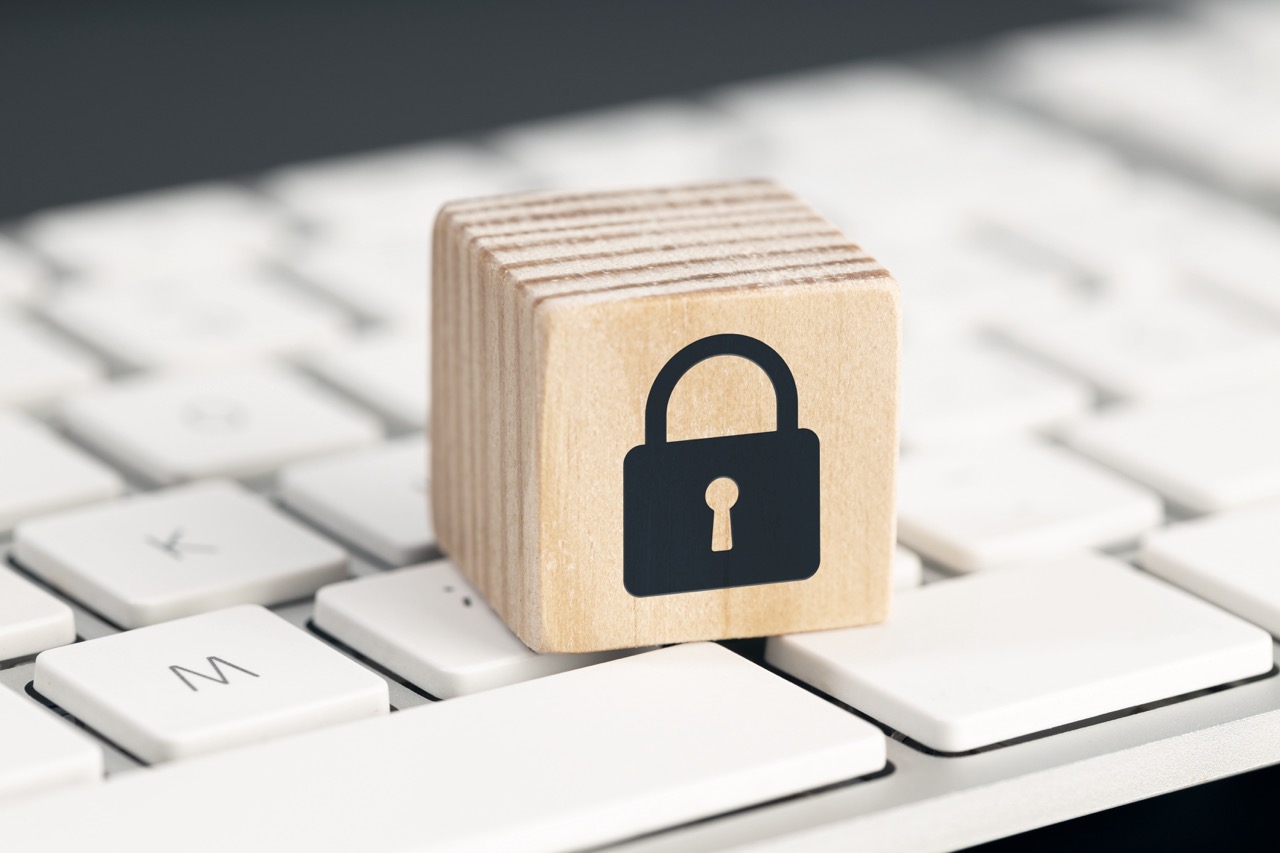In an era where digital privacy is constantly under threat, virtual private networks (VPNs) have become essential tools for safeguarding personal information. A VPN creates a secure tunnel between your device and the internet, encrypting your data and masking your IP address, which ultimately enhances your online privacy. This article explores the intricacies of VPN technology tailored specifically for privacy-conscious users. We will guide you through the essential features to consider, recommend some of the best VPNs on the market, and discuss the key factors involved in ensuring robust privacy protection.
Understanding the Importance of VPNs for Privacy Protection
VPNs have gained prominence in recent years as a shield against the pervasive surveillance practices adopted by various entities, including governments, corporations, and cybercriminals. By connecting to a VPN, users can prevent unauthorized access to their sensitive data. This capability is especially vital given that online activities can be tracked, analyzed, and exploited, leading to identity theft and other malicious actions.
Moreover, VPNs are instrumental in bypassing geo-restrictions, enabling users to access content that may be blocked in their region. This not only allows for greater access to information but also enhances personal freedom in the online space. Privacy-focused individuals can engage with global content without fear of being monitored or restricted by local regulations.
Lastly, the rise of public Wi-Fi networks amplifies the need for VPNs, as these unsecured connections are prime targets for cyber threats. When users connect to public Wi-Fi, their data can be intercepted, leading to potential breaches of privacy. A VPN encrypts the data transmitted over such insecure networks, ensuring that personal information remains safe from prying eyes.
Key Features to Look for in a Privacy-Focused VPN
When selecting a VPN for privacy protection, several features are paramount. One of the most critical aspects is the VPN’s encryption standard. Strong encryption methods such as AES-256 are essential for securing user data against potential cyber threats. The implementation of robust encryption protocols ensures that even if data is intercepted, it remains unreadable to unauthorized individuals.
Another important feature is the availability of a kill switch. This functionality automatically disconnects the user from the internet if the VPN connection drops unexpectedly, preventing any data leaks that could expose the user’s actual IP address. A reliable kill switch is crucial for maintaining privacy, especially during sensitive activities, such as online banking or sharing confidential information.
Additionally, multi-platform support is essential for privacy-conscious individuals who use various devices. A good VPN should be compatible with numerous operating systems and devices, including smartphones, tablets, and desktops. This versatility ensures that users can maintain their privacy across all their devices without hassle.
Top VPNs Recommended for Privacy-Conscious Users
Among the plethora of VPN services available, a few stand out for their commitment to user privacy. ExpressVPN is often heralded for its strong encryption practices, strict no-log policy, and a vast network of servers across the globe. Its user-friendly interface and consistent performance make it a top choice for individuals looking to enhance their online privacy without sacrificing usability.
NordVPN is another highly regarded option, recognized for its double VPN feature that adds an extra layer of encryption. Its robust security features, such as CyberSec to block malicious ads and websites, complement its strong privacy stance. NordVPN also offers a clear transparency report, detailing its server operations and privacy practices, further instilling confidence in its users.
Lastly, ProtonVPN deserves a mention for its exceptional commitment to privacy, being developed by the creators of ProtonMail. Its focus on user security is evident with features like Secure Core, which routes traffic through multiple servers in privacy-friendly countries. ProtonVPN also offers a free tier, allowing users to experience basic privacy features without financial commitment.
Evaluating VPN Encryption Standards and Protocols
The strength of a VPN’s encryption is a critical factor in ensuring privacy. Most reputable VPNs employ Advanced Encryption Standard (AES) with a 256-bit key, considered unbreakable by current standards. This level of encryption is utilized by government agencies and security experts to safeguard sensitive information, making it the gold standard for VPN services.
In addition to encryption strength, the choice of protocols affects both security and performance. OpenVPN is widely recognized for its balance of security and speed, making it a preferred choice for many VPN providers. WireGuard is another emerging protocol that promises faster speeds and more efficient resource usage while maintaining strong security standards. Understanding these protocols is essential for privacy-conscious users, as they directly impact the effectiveness of the VPN’s encryption.
It’s also important to note that some VPNs offer options for additional security features such as obfuscation, which hides the fact that a VPN is being used. This is particularly useful in regions with strict internet censorship, allowing users to circumvent restrictions and maintain their privacy without drawing attention.
Assessing No-Log Policies and Transparency Reports
A fundamental aspect of any privacy-focused VPN is its no-log policy. A rigorous no-log policy ensures that the VPN provider does not store any user activity or connection logs, which can be handed over to authorities if requested. Users should look for VPNs that have undergone independent audits to verify their no-log claims, as this adds an extra layer of trust and accountability.
Transparency reports are also critical for evaluating a VPN’s commitment to privacy. These reports provide insight into the number of data requests received from government agencies and how the VPN handled those requests. A VPN that actively publishes transparency reports demonstrates a commitment to user privacy and shows that it is willing to be held accountable for its practices.
In addition, some VPN providers have established a reputation for transparency by participating in third-party audits or having open-source software. Being open to scrutiny enhances the credibility of a VPN service and assures users that their privacy is taken seriously.
Comparing VPN Performance: Speed, Accessibility, and Reliability
While privacy is the primary concern for many users, performance metrics such as speed and reliability cannot be overlooked. A VPN that compromises speed for security can lead to frustrating online experiences, especially for activities requiring high bandwidth, such as streaming or gaming. Therefore, users should seek VPNs that maintain fast connection speeds without sacrificing encryption standards.
Accessibility is another crucial factor, particularly for users in regions with heavy internet censorship. VPNs that offer obfuscation features can help users bypass restrictions imposed by governments or ISPs. This ensures that users have access to the open internet regardless of their geographical location, which is vital for privacy-conscious individuals who wish to consume unregulated content.
Reliability, encompassing server uptime and connection stability, also plays a significant role in user satisfaction. A VPN that frequently drops connections or experiences server outages can expose users to privacy risks. Consequently, it is advisable to choose a VPN service with a proven track record of reliability and robust customer support to address any issues promptly.
Choosing the right VPN is a critical decision for individuals who prioritize their online privacy. By understanding the importance of VPNs, identifying key features, and comparing available options, privacy-conscious users can make informed choices that enhance their digital security. The blend of strong encryption, transparent no-log policies, and reliable performance will serve as a foundation for a secure online experience. As digital threats evolve, so must the tools we use to protect our personal information; a quality VPN is an indispensable part of that strategy.










